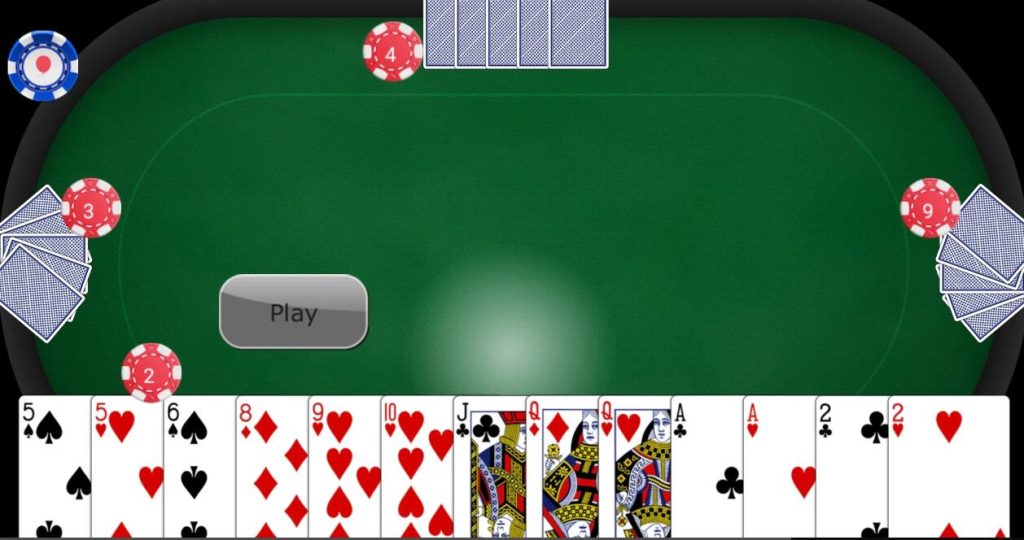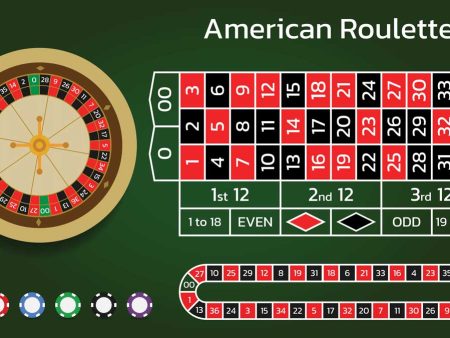Discover essential online poker strategies and tips for beginners. Learn how to play smarter, manage your bankroll, and increase your chances of winning with expert advice tailored for new players.
Mastering poker requires a mix of skill, strategy, and understanding of the game’s mechanics. While luck can influence outcomes, poker is primarily a skill-based game where strategic thinking and decision-making can greatly enhance your chances of winning.

For those new to online poker, adopting the right strategies from the beginning will set you on a path to success. In this guide, we’ll cover poker game basics, essential strategies, and expert tips to help you become a better poker player. Understanding these principles can significantly boost your winning potential and pave the way for long-term success.
Online Poker Game
Russian poker live online game
Top Poker Strategies and Tips to Improve Your Game
- Be Patient – Don’t Play Every Hand
One of the biggest mistakes beginners make is playing too many hands. In poker, patience is key. Only play strong hands that give you a good chance of winning, and if you’re unsure about your hand, it’s better to fold than to lose money unnecessarily. Understanding hand ranges and your position at the table will help guide your decisions.
Tips for Practicing Patience in Poker:
- Study starting hand charts to understand which hands to play.
- Be mindful of your position at the table, as it influences hand strength.
- Observe your opponents’ habits and play styles.
- Don’t hesitate to fold weak hands—save your chips for better opportunities.
- Play Aggressively With Strong Hands
When you have a powerful hand, don’t be afraid to bet and raise. Being aggressive puts pressure on your opponents, often forcing them to fold or make mistakes. Many new players fall into the trap of playing passively when they have strong hands—this is a mistake. Betting aggressively with top hands like pocket kings or aces increases your chances of winning the pot.
How to Play Aggressively in Poker:
- Only raise or bet with strong hands; don’t waste time with mediocre ones.
- Use your position advantage to dictate play, especially in late positions.
- Mix in occasional bluffs to keep opponents guessing.
- Observe and Read Your Opponents
Poker is not just about the cards you’re dealt—it’s about outplaying your opponents. Learn to observe their tendencies and recognize patterns in their betting behavior. Are they aggressive or passive? Do they bluff frequently? By studying your opponents, you’ll get better at predicting their moves and making informed decisions.
Things to Look For:
- Do they always bet big with strong hands or bluff frequently?
- How do they react when they have a strong hand versus a weak one?
- What tells do they give away in their betting patterns?
- Defend Your Blinds
While it’s generally good strategy to fold weaker hands in the small and big blinds, you should also know when to defend. If you’re in the big blind, you’ve already invested money in the pot, so it might be worth seeing the flop if the odds are favorable. However, be cautious and mindful of multiway pots, where the chances of a strong hand diminish.
- Maintain Discipline and Stick to Your Strategy
Discipline is essential to avoid costly mistakes, especially for beginners. Set clear bankroll limits and avoid chasing losses or making emotional decisions. Stick to a well-thought-out game plan, playing solid hands based on the situation rather than making impulsive plays.
- Develop a Strong Pre-Flop Strategy
Your pre-flop decisions set the tone for the rest of the hand. Understanding your position and the strength of your hand is key to building a solid pre-flop strategy. Play more conservatively from early positions and open up your range in later positions. Using a starting hand chart can help guide your decision-making process.
- Know When to Fold
Folding is an underrated skill in poker. It’s better to lose a small amount by folding early than to lose more by chasing hands that don’t improve. If you’re unsure whether to continue, it’s often best to fold and preserve your chips for a stronger hand.
- Focus on the Long Game
Poker is a game of patience and long-term strategy. There will be times when you lose, even with strong hands, due to bad beats. However, over time, strong hands will win more often than they lose. The key is to stay focused and not let short-term losses affect your decision-making.
- Practice Regularly
The best way to improve at poker is to practice. Play frequently, review your hands, and learn from your mistakes. Studying poker through books, videos, and online tutorials can also help sharpen your skills.
FAQs About Poker Strategy
Should I always play strong starting hands?
Yes, strong starting hands give you a better chance of winning. However, you should also consider position and pot odds.
Is bluffing important in poker?
Bluffing is essential, but overusing it can backfire. Be strategic and use bluffs sparingly to keep opponents off balance.
How important is position in poker?
Position is crucial. Acting last gives you more information about your opponents, which can help guide your decisions.
How can I manage my bankroll effectively?
Set a clear bankroll limit and stick to it. Don’t chase losses, and ensure you only risk what you can afford to lose.
How can I improve my bluffing in online poker?
To improve your bluffing, focus on timing and table dynamics. Mix in semi-bluffs and observe how your opponents react to pressure.
By following these strategies and continuously practicing, you’ll become a stronger poker player over time. Always remember that discipline, patience, and observation are the keys to long-term success in poker. Start your poker journey today, and apply these strategies to see immediate improvements in your game!









